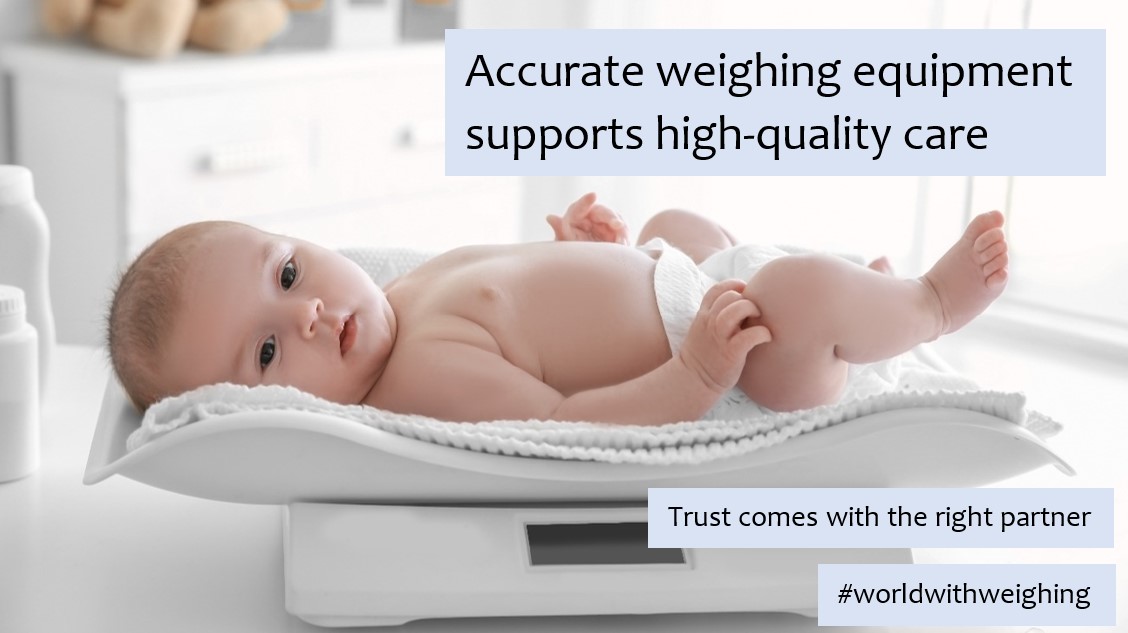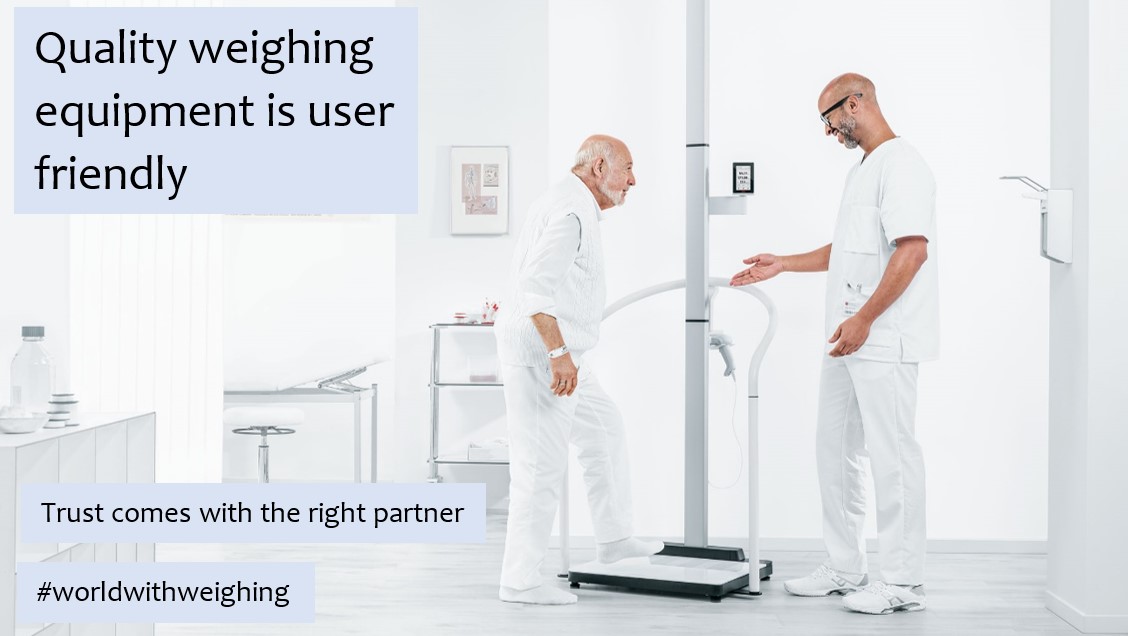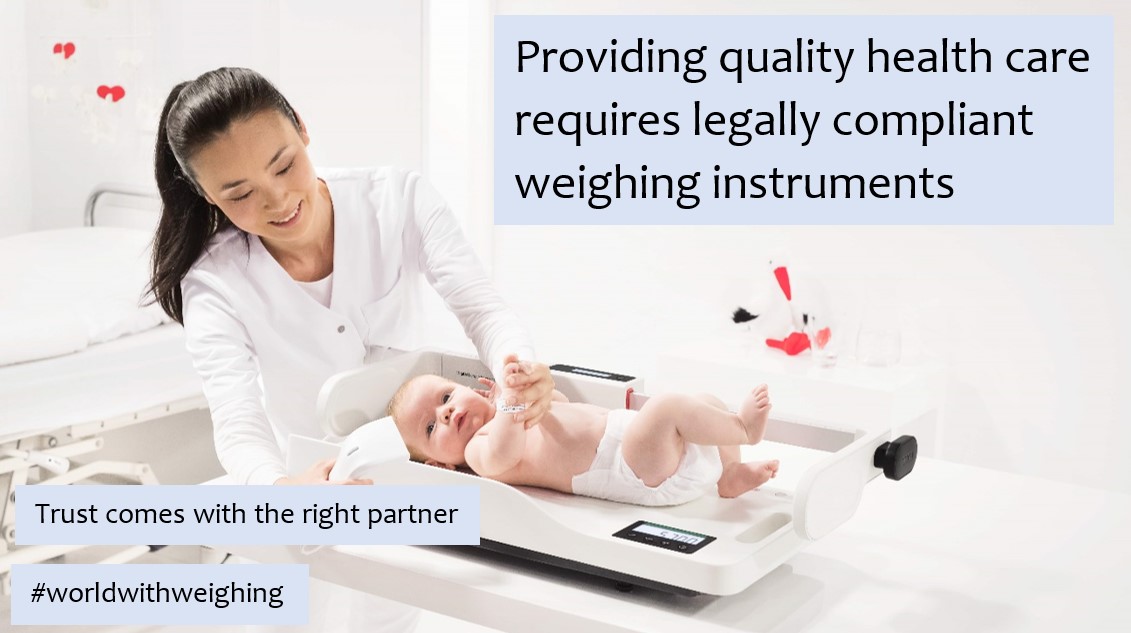Weighing instruments in the health care sector
Improving treatments with reliable medical scalesWeighing instruments in the health care sector
Products from the medical technology industry are used for diagnosis, therapy, rehabilitation and optimisation of processes. They make an important contribution to efficient and safe healthcare. Research and manufacturing companies are highly relevant for the positive evolution of the healthcare industry.
The weight of a patient plays a central role in medicine across all specialties. In diabetology, cardiology, nephrology, pediatric and geriatric infirmaries or in intensive care medicine, a patient's weight and height belong to the essential values that medical staff use to make diagnoses, prescribe therapies and monitor progress. Medical scales are among the most commonly available and used medical devices in hospitals.
Why is quality weighing so important in the medical environment?
In a private setting, it does hardly matter whether one kilo more or less appears on the scale. However, in the medical environment knowing a patient's exact weight is of great importance when determining the nutritional and health status of sometimes severely weakened patients. When it comes to prescribing individual medication, defining the dosage of anesthetics or initiating health- and life-sustaining measures, every gram on the scale can be crucial.
Furthermore, quality scales in health care are also designed to be durable and continue to remain working correctly. For example, baby scales are often brought to several household and they need to remain accurate and reliable.
What are the innovations in the field of medical scales?
With growing digitalisation, it is no longer just critical that scales measure weight accurately but also self diagnostics and preventive maintenance become standard features. Innovative scales are capable of connecting with other medical measuring systems, (e.g. vital data monitors, length measuring devices or systems for measuring body composition) and transmit all parameters directly to the digital patient record or EMR system. This saves time, increases efficiency, and gives doctors and medical staff more time to cater to their patients. Furthermore, patient safety increases, as errors during manual transmission are prevented.



